It is our pleasure to continue the Young Scientist Visions Plenary session at the 2020 Applied Superconductivity Conference. This event originated at the Magnet Technology conference held in Amsterdam in 2017 (MT25) and its introduction into ASC has been strongly supported by the community. This is a prestigious opportunity offered to early career scientists and the event is highly anticipated by all conference attendees, particularly, those who are interested in the future generations’ direction in applied superconductivity.
The young scientists, who are selected among recommendations made by the Program Committee, have demonstrated outstanding, significant potential in the field of superconductivity and have gained the recognition and interest of other scientists in the community.
The organizing committee believes that this addition to the plenary sessions gives the entire applied superconductivity community exposure to the novel thoughts, approaches and unexplored paths that these young scientists deliver. We would also like to highlight and thank the Penn State University, College of Engineering for sponsoring this event.
This year the young scientist plenary session includes a discussion time after the presentations.
The following Young Scientist Visions Plenary Speakers will present on November 5, 2020, from 3:45 – 5:15 p.m. US Eastern Standard time:
| Materials | Electronics | Large Scale |
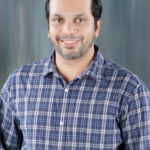 |
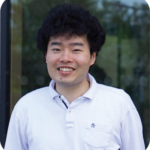 |
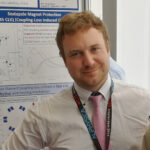 |
| Shreyas Balachandran NHMFL / FSU (USA) 60 years on – a new alloy for much better Nb3Sn |
Sachio Komori Cambridge University (United Kingdom) Towards dissipationless spintronics: Superconducting spin-transport and magnetization control |
Emmanuele Ravaioli CERN (Switzerland) Simulating a 3D magnet quench in 7 minutes |
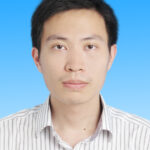 |
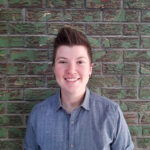 |
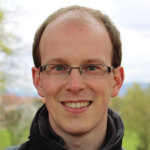 |
| Chiheng Dong Institute of Electrical Engineering, Chinese Academy of Sciences (CHINA) Challenges and opportunities in the development of high-performance, low-cost iron-based superconducting wires and tapes |
Kelsey Morgan NIST / University of Colorado Boulder (USA) Science in seconds: the bigger, faster future of superconducting detectors |
Michael J. Wolf KIT (Germany) High Temperature Superconductors for High Current Applications |